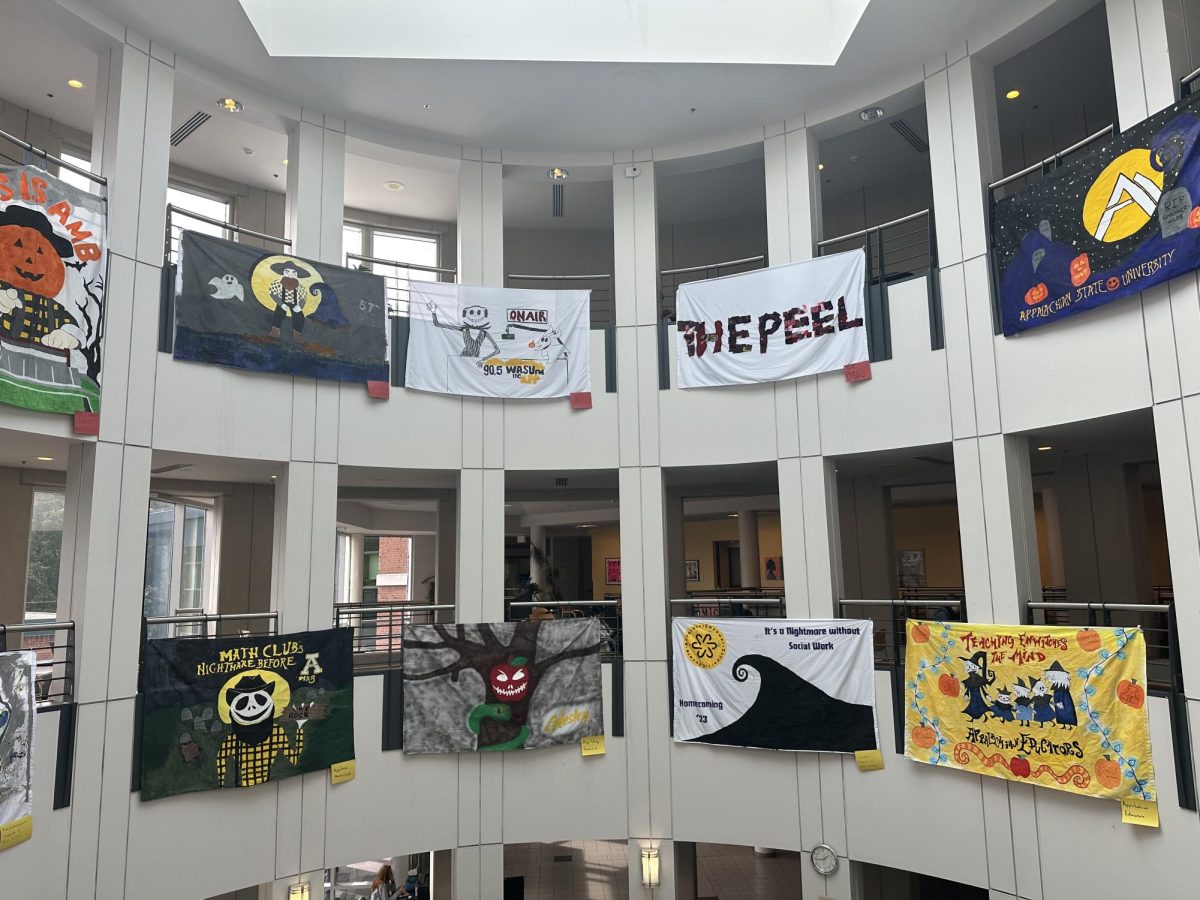Audrey Guyler, a junior molecular biology major and founder of Women in STEM, said clubs are where you can find support and a community beyond the classroom.
“It’s important to have groups of people with like-interests to support each other,” Guyler said.
There are over 400 clubs on campus and at least three to four clubs are chartered each week, according to Gretchen Cross, a senior communication studies major and lead involvement assistant in the Club Hub. Of those chartered, at least two to three clubs are actually established. If the club is turned down, a meeting will be set up with the chartering committee to discuss how to get the club approved.
The Club Council has a template available on their website that will explain what needs to be included.
“Their templates are really helpful with the paperwork process,” said T Critchfield, a senior music education major and president and founder of the Intersectional Activist Alliance.
After the constitution is written, email the club council who will send the charter application to fill out and send back.
Ten student members, one faculty advisor and a club constitution are needed to form a club.
“If these ten students have a community they feel supported in, we shouldn’t deny that,” Cross said. The club council will vote on your club based on whether there is already a similar club established and whether it will benefit the campus and provide a safe space for students.
“We want people to have a place to go, so we are always hoping to approve clubs,” Cross said.
Once the charter is approved an email will be sent to schedule an appointment with the Club Hub to set up an Engage page and start promoting the club.
The club council has $70,000 to grant to school organizations for events and programming, travel and meeting expenses.
“With the number of on-campus clubs we have, they are doing the best they can,” Critchfield said.
To apply for funding for a club, email the club council to set up a meeting to go over what is needed to get funding. When applying for funding for a club, it can take up to 50 days to receive and process the funding information.
To maintain club recognition, all clubs need to re-register the Engage page for the next school year.
“They have a presentation that will tell you about homecoming, what you need to do as a club on campus, and how they can support you,” Guyler said.
There are two meetings in the school year that are mandatory for club presidents to attend. Both meetings are presented by the club council and provide information on resources for clubs, updated information on policies, funding processes and development information.
“I wanted a club that would shed light on voices that should be heard more,” Critchfield said.
Forming a club allows the access of using campus facilities for club meetings, funds for club events, free supplies and services for the club and the ability to develop a website that is linked to the university website.
“Involvement on campus is what I believe makes the college experience and joining a club is an easy way to do that,” Cross said.
Club Hub is a space where clubs can utilize resources such as art supplies, a banner shop, laminators, Cricut machines and the popular button maker. It is located in Plemmons Student Union in room 219.
“You’ll get a 15 minute meeting with them [club council] and they’ll help you set up your Engage and go over beginning steps,” Guyler said.
The Club Hub provides 25 free buttons and prints to each club every semester. If more buttons are needed it is $5 for 25 more buttons. In addition to buttons, Club Hub has different activities and decorations that can be rented for club events and programs, such as cornhole, spike ball, bucketball and ceremony decorations.
Other resources to find a club would be Engage and the club directory.



